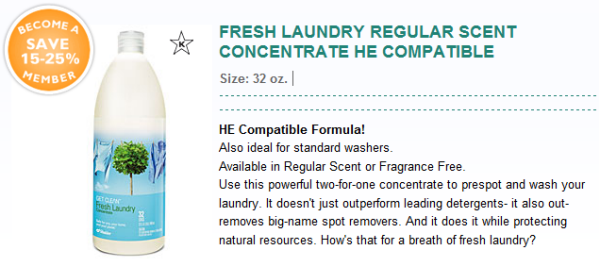Simplifying life doesn’t have to be complicated!
It might be as easy as cleaning out clutter from under your kitchen sink. BTW, what’s under yours? What do you use to clean floors, walls, windows, counter tops, mirrors, doors, hand washables, showers, etc? One bottle of Shaklee Basic H2 has more than 1000 uses. It can replace multiple cleaners under your sink to save space and remove “clutter”. We did this years ago and this year we are de-cluttering in so many other areas of our lives as well. It’s very liberating. Back to Basic H2, it costs pennies to use because it’s SO highly concentrated. You simply add water. Mix 1-2 drops of Basic H2 with 16 oz of water in a spray bottle for windows and it costs only 1 cent. Add 1/4 teas to 16 oz water in a spray bottle and you get an all purpose cleaner costing 3 cents a bottle. Even if you buy your cleaners at the dollar store or make your own with vinegar, you’ll still pay more than that! And they work….Once you try, you’ll never want to clean with anything else!
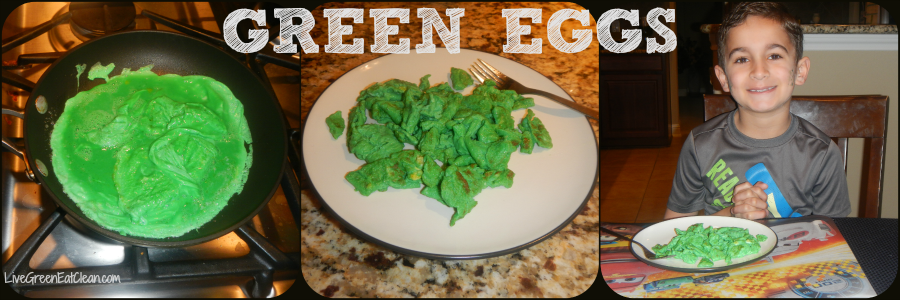
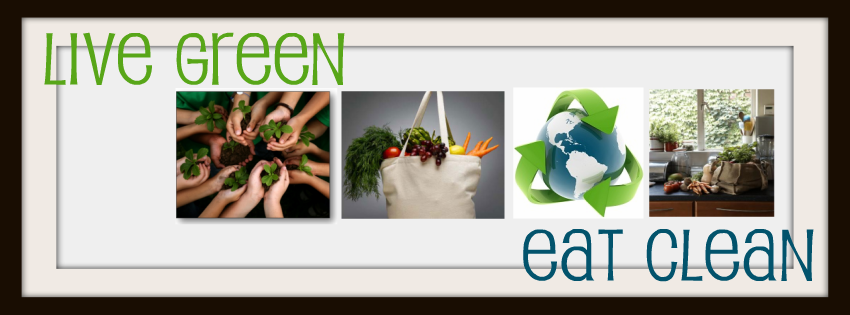

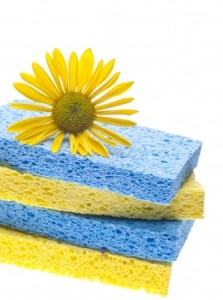 1. Reduce
1. Reduce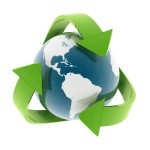
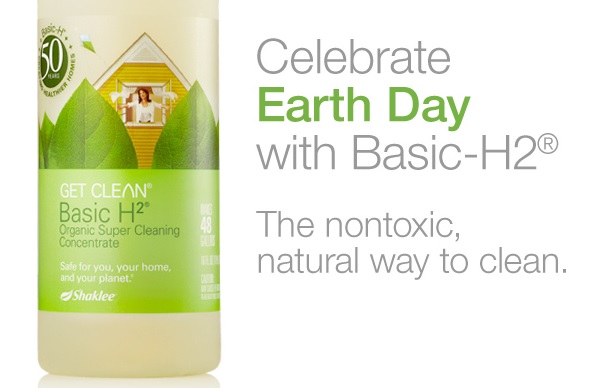
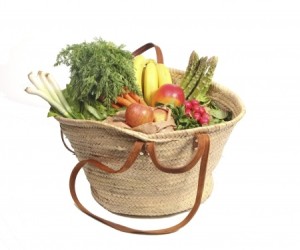 1. Give up plastic and paper bags. Do you opt for paper or plastic when at the grocery store? Neither is a good choice. Twelve million barrels of oil were used to make the 88.5 billion plastic bags consumed in the United States last year. And it takes four times more energy to make paper bags. The best choice is reusable shopping bags made of cotton, nylon or durable, mesh-like plastic. Put a few reusable shopping bags in your car so you have them handy on your next shopping trip. And if you happen to forget your reusable bag (as we all do!), choose paper if you will recycle it or plastic if you will reuse or recycle it.
1. Give up plastic and paper bags. Do you opt for paper or plastic when at the grocery store? Neither is a good choice. Twelve million barrels of oil were used to make the 88.5 billion plastic bags consumed in the United States last year. And it takes four times more energy to make paper bags. The best choice is reusable shopping bags made of cotton, nylon or durable, mesh-like plastic. Put a few reusable shopping bags in your car so you have them handy on your next shopping trip. And if you happen to forget your reusable bag (as we all do!), choose paper if you will recycle it or plastic if you will reuse or recycle it.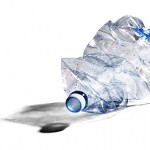 2. Stop buying bottled water. Did you know that it takes 26 bottles of water to produce the plastic container for a one-liter bottle of water, and that doing so pollutes 25 liters of groundwater? Don’t leave a trail of plastic water bottles in your wake! Stop buying bottled water. Use reusable water bottles instead made from materials like stainless steel or aluminum that are not likely to degrade over time. If you choose a plastic water bottle, check the number on the bottom first: Plastics numbered 3, 6 and 7 could pose a health threat to you, so look for plastics numbered 1, 2, 4 or 5.
2. Stop buying bottled water. Did you know that it takes 26 bottles of water to produce the plastic container for a one-liter bottle of water, and that doing so pollutes 25 liters of groundwater? Don’t leave a trail of plastic water bottles in your wake! Stop buying bottled water. Use reusable water bottles instead made from materials like stainless steel or aluminum that are not likely to degrade over time. If you choose a plastic water bottle, check the number on the bottom first: Plastics numbered 3, 6 and 7 could pose a health threat to you, so look for plastics numbered 1, 2, 4 or 5.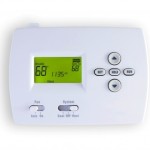 4. Give up 2 degrees. Electric power plants are the country’s largest industrial source of the pollutants that cause global warming. By snuggling under a blanket on the couch on a snowy winter night instead of turning up the heat, or enjoying the breeze from a fan in the height of summer instead of turning up the air conditioning, you can save pounds of pollution, as well as some money off your utility bills. Set your thermostat in winter to 68 degrees F (20° C) or less during the daytime and 55 degrees F (13° C) before going to sleep or when you are away for the day. And during the summer, set thermostats to 78 degrees F (26° C) or more.
4. Give up 2 degrees. Electric power plants are the country’s largest industrial source of the pollutants that cause global warming. By snuggling under a blanket on the couch on a snowy winter night instead of turning up the heat, or enjoying the breeze from a fan in the height of summer instead of turning up the air conditioning, you can save pounds of pollution, as well as some money off your utility bills. Set your thermostat in winter to 68 degrees F (20° C) or less during the daytime and 55 degrees F (13° C) before going to sleep or when you are away for the day. And during the summer, set thermostats to 78 degrees F (26° C) or more.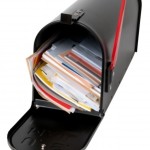 5. Stop receiving unwanted catalogs. Each year, 19 billion catalogs are mailed to American consumers. All those catalogs require more than 53 million trees and 56 billion gallons of wastewater to produce — and many of us don’t even know how we got on so many mailing lists! So grab that stack of catalogs piling up on your coffee table and clear out the clutter. Visit
5. Stop receiving unwanted catalogs. Each year, 19 billion catalogs are mailed to American consumers. All those catalogs require more than 53 million trees and 56 billion gallons of wastewater to produce — and many of us don’t even know how we got on so many mailing lists! So grab that stack of catalogs piling up on your coffee table and clear out the clutter. Visit 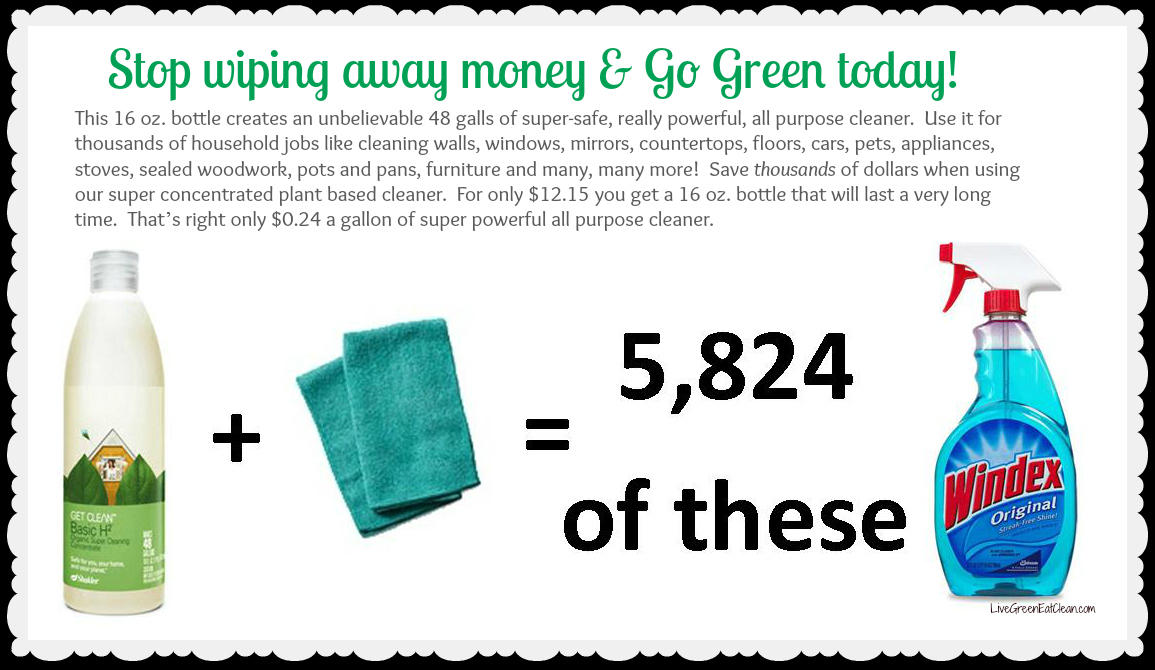
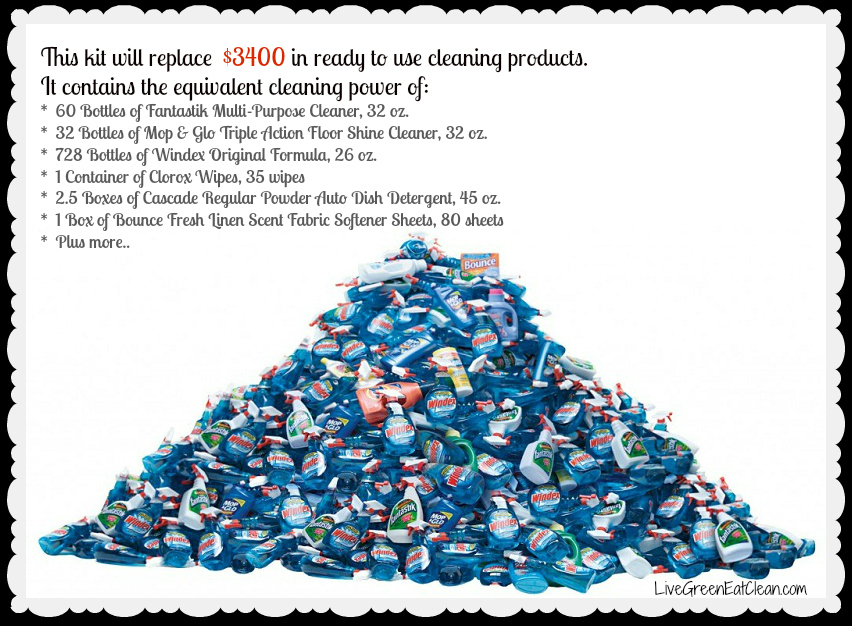
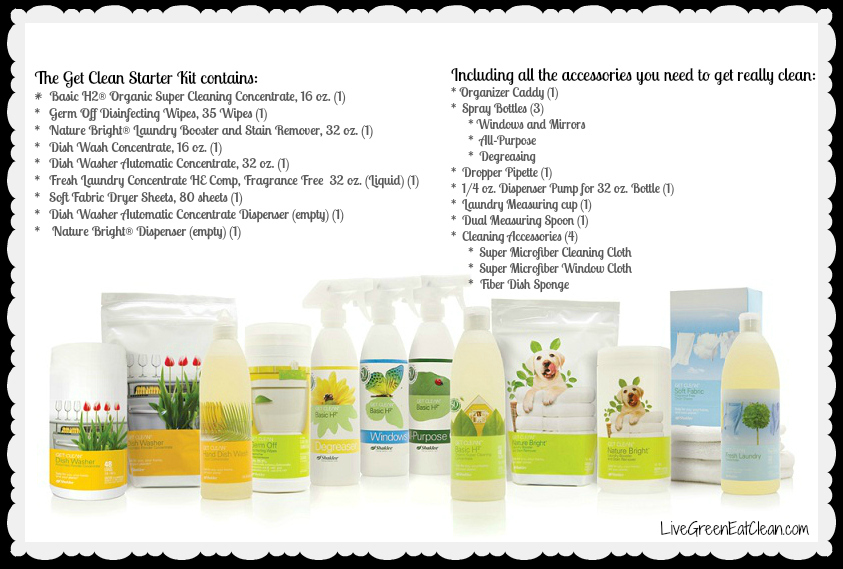
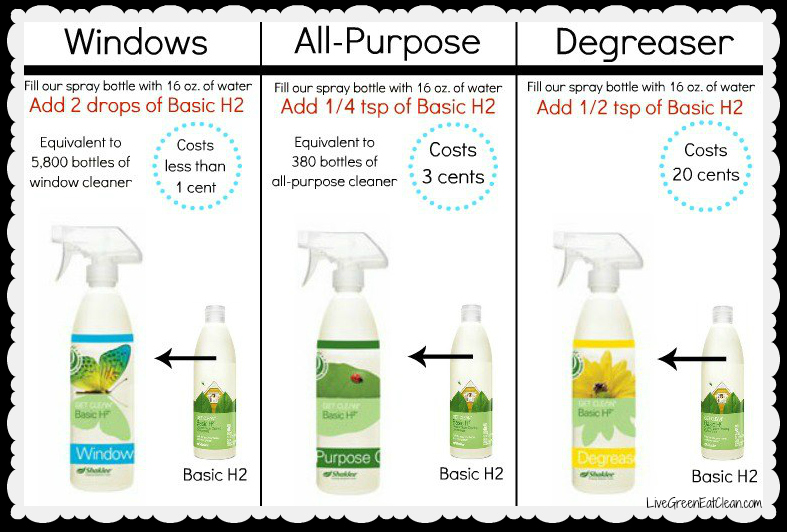
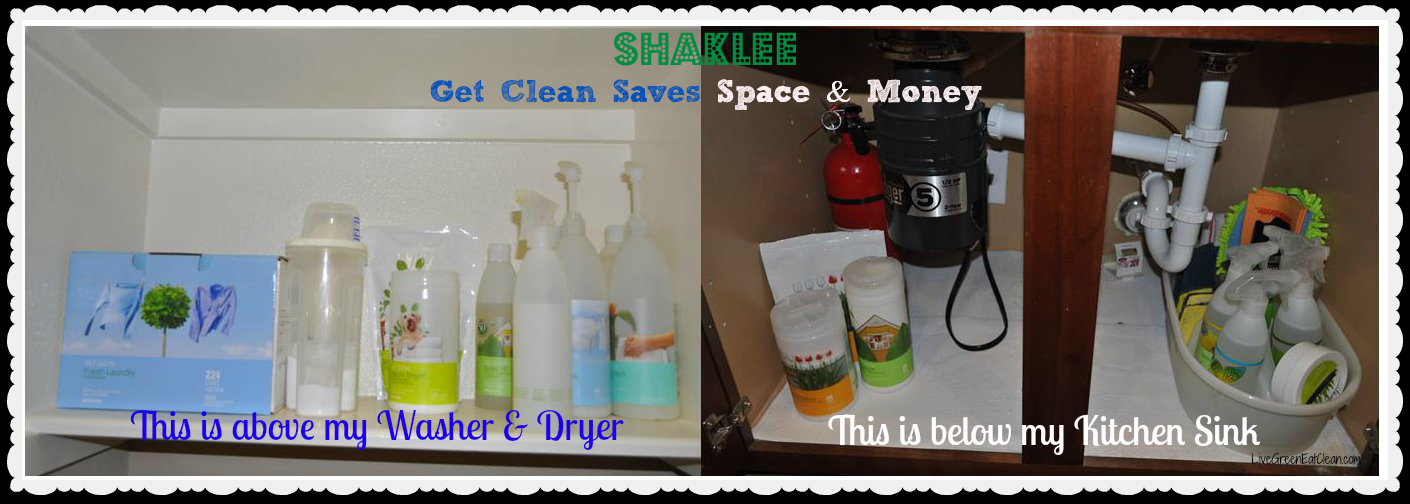

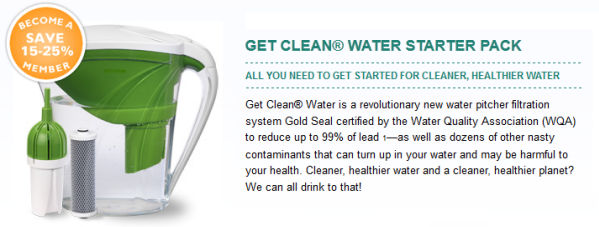
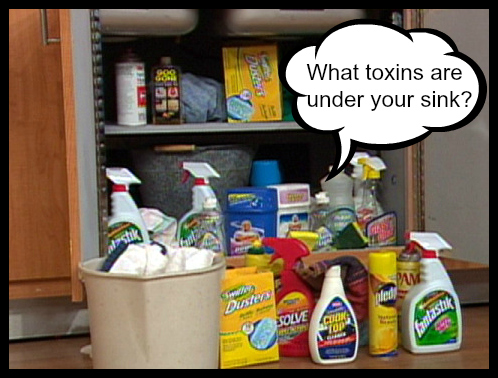 Go to your cupboard right now. Pick a cleaner, any cleaner. Does it contain sodium hydroxide, phenol, ammonia or formaldehyde? These–and more–may be toxic. Toxic as in dangerous, as in hurtful, as in not very clean at all. Home is no place for stuff like that. So start by getting rid of those troublemakers. Responsibly, of course – you’ll likely have to dispose of them with your Hazardouse Waste Facility – that in itself goes to show how toxic they are!
Go to your cupboard right now. Pick a cleaner, any cleaner. Does it contain sodium hydroxide, phenol, ammonia or formaldehyde? These–and more–may be toxic. Toxic as in dangerous, as in hurtful, as in not very clean at all. Home is no place for stuff like that. So start by getting rid of those troublemakers. Responsibly, of course – you’ll likely have to dispose of them with your Hazardouse Waste Facility – that in itself goes to show how toxic they are!
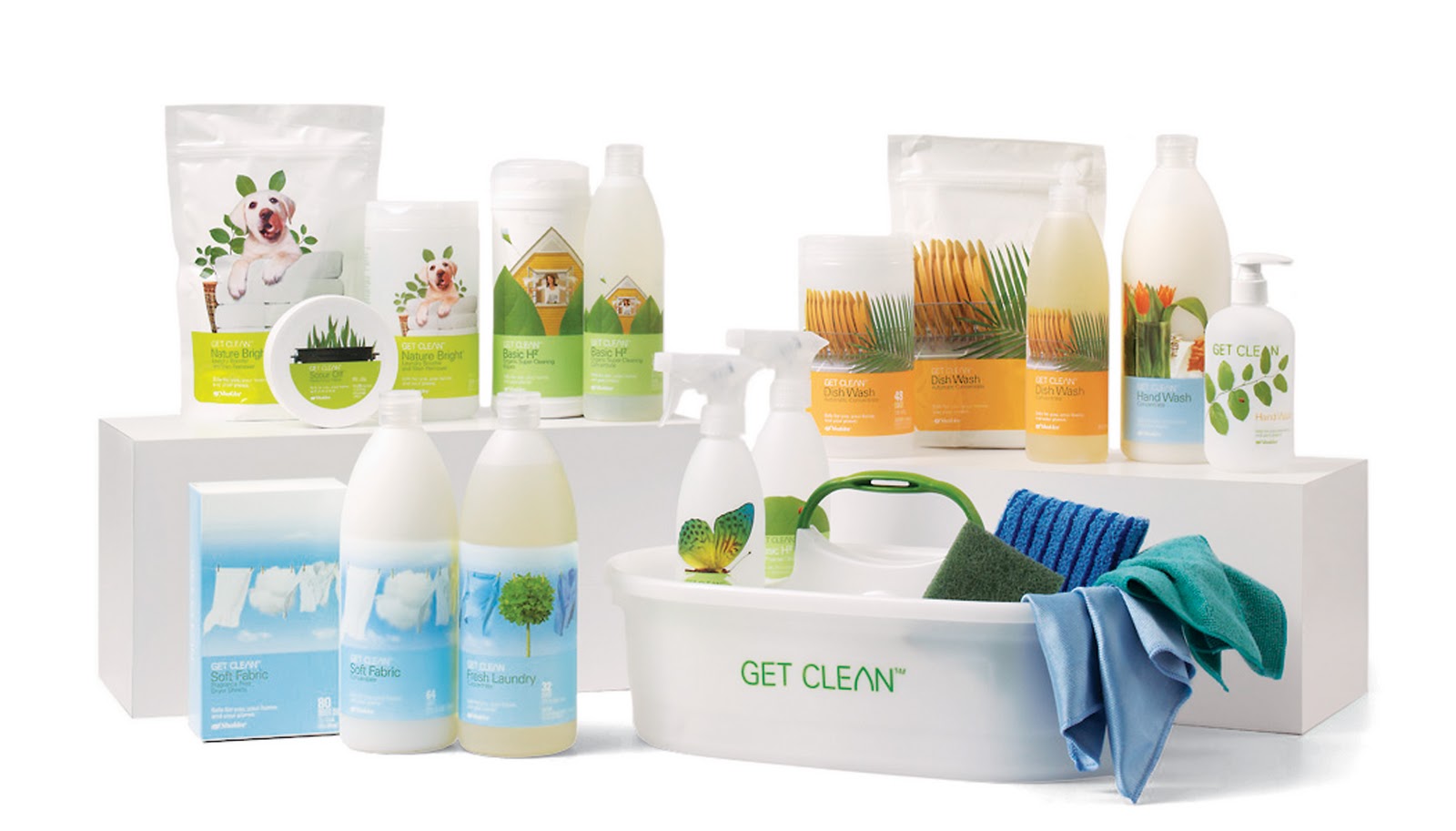
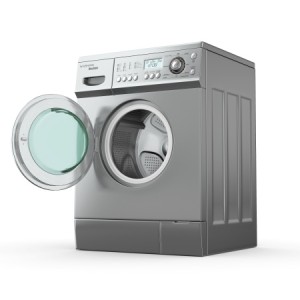 Our dryer is on the fritz and we are in the middle of deciding if we should get the new High Effeciency (HE) models out there. They are a lot more expense and are a little bit different to use, so there will definitely be a learning curve. We’d love to hear your comments, recommendations and suggestions about HE washers and dryers.
Our dryer is on the fritz and we are in the middle of deciding if we should get the new High Effeciency (HE) models out there. They are a lot more expense and are a little bit different to use, so there will definitely be a learning curve. We’d love to hear your comments, recommendations and suggestions about HE washers and dryers.